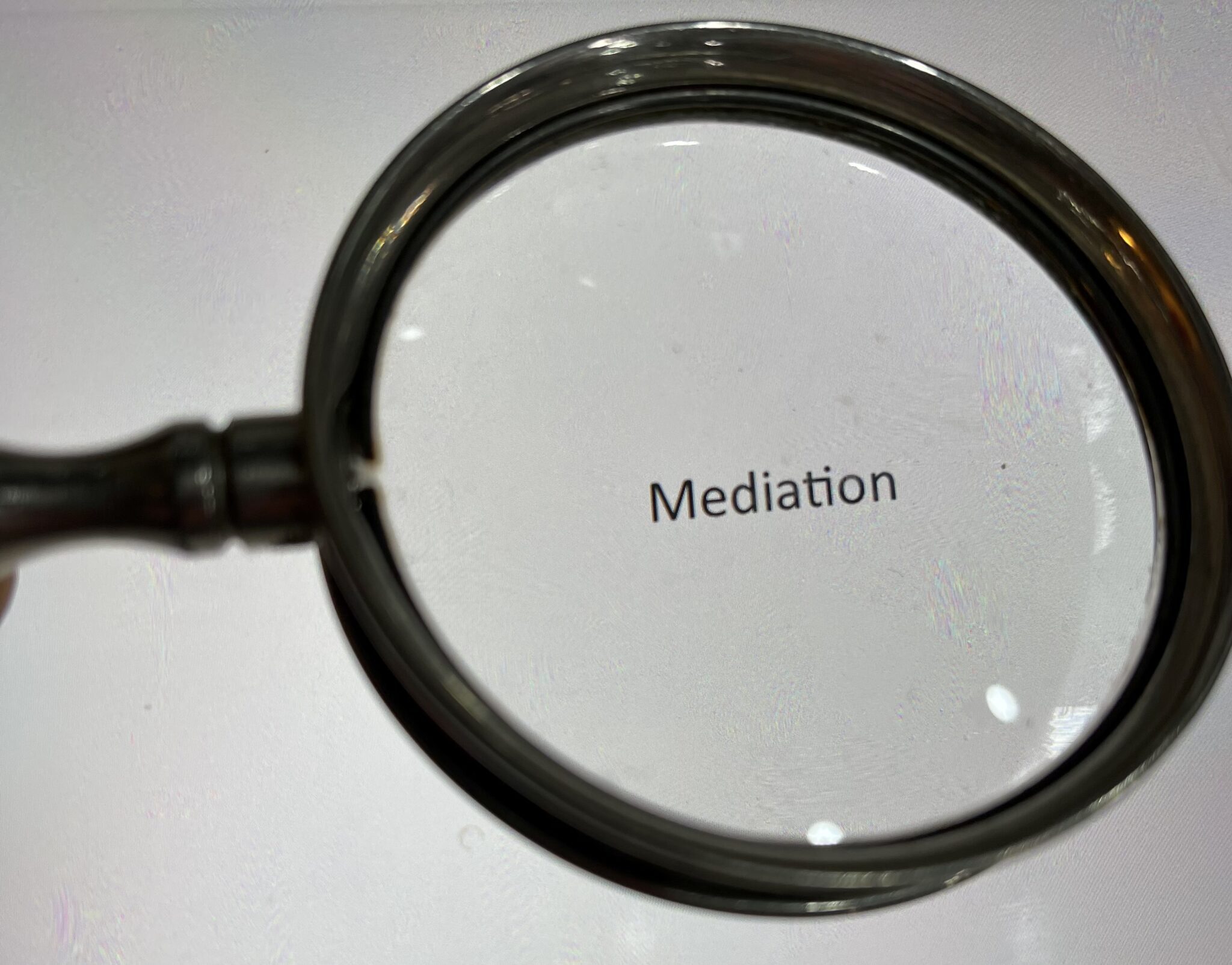Settling Inheritance Disputes Through Mediation: A Smarter Solution
![]()
Inheritance disputes are on the rise, often creating financial strain and emotional turmoil. Fortunately, mediation offers a more effective way to resolve these conflicts without the prolonged and costly ordeal of going to court. Let’s explore the common causes of inheritance disputes and why mediation is a better solution.
Common Reasons for Challenging a Will
Claims Under the Inheritance Act 1975
The Inheritance (Provision for Family and Dependants) Act 1975 allows certain individuals, such as adult children, unmarried partners, and those financially dependent on the deceased, to claim “reasonable financial provision” from the estate. Despite the UK’s principle of testamentary freedom, the Act empowers courts to adjust a will or redistribute assets in cases of need or unfairness.

Increasing Trends in Disputes
The number of inheritance claims has risen significantly over the past decade, driven by:
• Rising estate values due to property price increases, making claims more financially worthwhile.
• Blended families with complex dynamics, such as second marriages or multiple sets of children.
• Poorly drafted wills, often created without professional advice.
Public awareness of inheritance claims has also grown, fueled by internet resources and high-profile cases.
Types of Legal Challenges
Inheritance claims often combine with other legal actions, such as:
• Contesting the validity of a will.
• Seeking damages from the person who drafted the will.
• Claiming property based on promises or financial contributions made during the deceased’s lifetime.

Key Issues That Lead to Disputes
1. Incorrectly Drafted Wills
In some cases, courts can correct drafting errors through “rectification proceedings” under the Administration of Justice Act 1982. However, this applies only to clear mistakes and not general disagreements over a will’s content.
2. Improper Execution
Wills must follow strict legal formalities under the Wills Act 1837. A will that wasn’t correctly signed or witnessed can be invalidated, potentially leading to intestacy or reliance on an earlier will.
3. Trustee Disputes
Trust arrangements in wills can cause friction, especially if trustees exercise their discretion in ways that some beneficiaries perceive as unfair. Trustees must balance competing interests carefully.
4. Undue Influence
If someone coerced or manipulated the testator into writing the will in a specific way, the court may declare it invalid. Proving undue influence is challenging because the testator is no longer alive to testify.
5. Mental Capacity
A will can be challenged if the testator lacked the mental capacity to understand what they were doing. Obtaining a medical assessment before drafting a will can help prevent such disputes.
6. Tampering with Estate Assets
Misunderstandings or intentional misconduct regarding estate assets often lead to disputes. Executors, not family members, are the only ones authorized to manage and distribute assets.
7. Delays in Estate Administration
Beneficiaries often complain about slow progress in administering estates. However, executors face significant responsibilities, such as obtaining probate, paying taxes, and identifying liabilities, which take time.
8. Unfair Financial Provisions
Under the Inheritance Act, courts can amend a will if it leaves dependents in financial hardship. For example, claims can arise when a will overlooks a spouse, partner, or child’s financial needs.
9. Executor Misconduct
Conflicts often arise if executors, who are also beneficiaries, act unfairly. In extreme cases, courts can remove executors to ensure the estate is properly managed.
10. Perceived Unfairness
Although there is no automatic right to inherit, disappointed beneficiaries often feel a will is “unfair.” Solicitors can request additional information, such as letters of wishes, to provide clarity and closure.
Real-Life Examples of Inheritance Disputes
• Michael Morfey Case
Michael Morfey, 81, is suing his late wife’s estate after being excluded from her will, which left her £600,000 home to her two children. The case involves accusations of undue influence and financial mismanagement.
• Freddy Wieland Case
Musician Freddy Wieland left his estate to two daughters from a previous relationship, sparking a legal battle between his ex-wife Karen and their daughter Amber. Karen claims she is entitled to half of a £1 million property portfolio, citing a prior written agreement.
These examples highlight the emotional and financial toll of inheritance disputes and underscore the need for alternatives like mediation.
Why Mediation Is the Better Option
1. Cost-Effective
Court cases often incur six-figure legal costs, depleting the estate. Mediation is far less expensive, preserving more of the inheritance.
2. Faster Resolution
Legal battles can drag on for years, while mediation typically resolves disputes in weeks.
3. Preserves Relationships
Mediation encourages open communication, helping families reach amicable solutions without hostility.
4. Confidentiality
Unlike court proceedings, mediation is private, protecting sensitive family matters and reputations.
The Growing Role of Mediation
As property values rise and blended families become more common, inheritance disputes are likely to increase. Mediation offers a practical, fair, and efficient way to address these conflicts without the stress of litigation. For cases like Morfey’s, mediation could provide a faster, less adversarial resolution, preserving both family relationships and the estate’s value.
By choosing mediation, families can avoid the emotional and financial toll of court, ensuring their loved one’s legacy is handled with care and respect.
